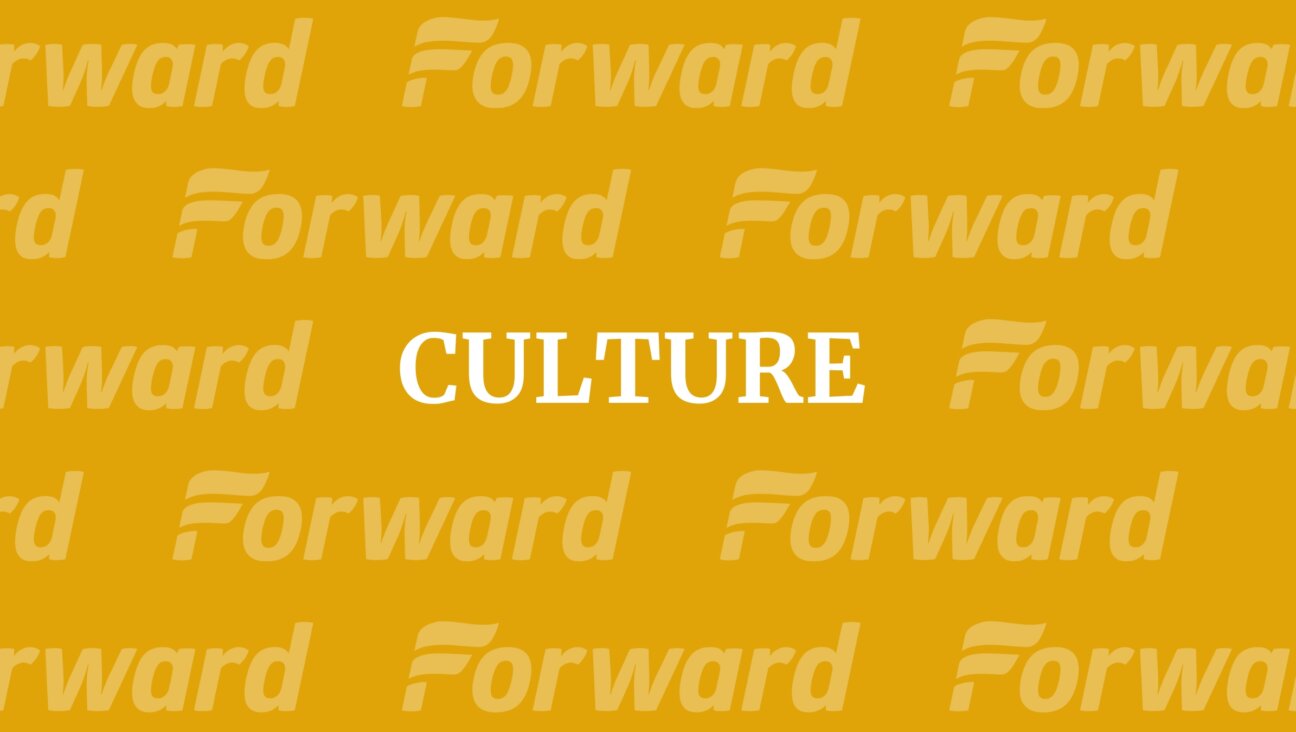Jonathan Kesselman
By Jonathan Kesselman
-

Culture Part V: Writing in My Father’s Footsteps
After the battle at Tamra, my father’s commander, Norm Schutzman, moved the men of B-Company up to the coast North of Haifa for more training. In late fall, Schutzman received orders that the entire 7th Brigade, including his company, was to clear the Galilee of Arab troops to the Lebanese border. Schutzman’s company’s assignment was…
-

Culture Part IV: Writing in My Father’s Footsteps
Prior to the arrival of my father and the first wave of Machalniks in May 1948, the fledgling Israeli army had taken huge losses. These losses weren’t simply because the soldiers were heavily outnumbered, but because the Israeli army had not yet become a unit: It was still a disorganized patchwork quilt of antagonistic freedom…
-

Culture Part III: Writing in My Father’s Footsteps
My father arrived in Marseilles in late July 1948, as a lace salesman from Belgium. Gloria Kessler, a nurse working at a hospital in Chicago, had decided to give up her career to smuggle herself into Palestine to help. She, too, received falsified documents from Teddy Kollek at the Hotel Fourteen and remembers sailing with…
-

Culture Part II: Writing in My Father’s Footsteps
When my father was 9, his mother, Bessie, developed cancer. At the age of 12, my father returned home from school to find all the mirrors in his home covered; Bessie had passed away, and my father was told by his father, Bennie, a fruit salesman, that Bessie had died because my father had been…
-

Culture Part I: Writing in My Father’s Footsteps
This is a story of loyalty and betrayal. It’s a story of bravery and subtlety, of mortal stakes on a global stage. It is also a thrilling story filled with “cloak-and-dagger elements,” featuring storied American men both famous and infamous: Harry Truman, Mickey Marcus, Hank Greenspun, Jimmy Hoffa and Charles Winters (the man who was…
-

Culture Being a Profound Critical Analysis of Contemporary Jewish Comedic Literature
Jew-Jitsu: The Hebrew Hands of Fury By Rabbi Daniel Eliezer and Paul Kupperberg Citadel, 112 pages, $12.95. Shtick Shift: Jewish Humor in the 21st Century By Simcha Weinstein Barricade Books, 192 pages, $15.95. How To Profit From the Coming Rapture: Getting Ahead When You’re Left Behind By Steve and Evie Levy, as told to Ellis…
Most Popular
- 1

News No Jews allowed: White supremacists are building a segregated community in Arkansas, but is it legal?
- 2

News Zohran Mamdani has represented Astoria’s Jews for 4 years. What do they think of him?
- 3

News Curtis Sliwa has a plan to beat Zohran Mamdani in NYC mayor’s race — and it starts with apologizing to Jews
- 4

Culture Barbra Streisand’s brand-new duet with Bob Dylan is a whole lot different than you might think
In Case You Missed It
-

Opinion Right-wing insurrectionists tried to topple the German government in 1920 — it’s happening again in Trump’s America
-

Theater Can a kinky new Yiddish musical resurrect a lost art — and one man who got spanked to death?
-

Fast Forward Josh Shapiro’s Judaism was not why Kamala Harris snubbed him, new book claims
-

Yiddish דאָקטוירים פֿון אַן אַנדער שניטDoctors of a different sort
די ווילנער דאָקטוירים יעקבֿ וויגאָדסקי און צמח שאַבאַד זענען אויך געווען געזעלשאַפֿטלעכע טוער.
-
Shop the Forward Store
100% of profits support our journalism







